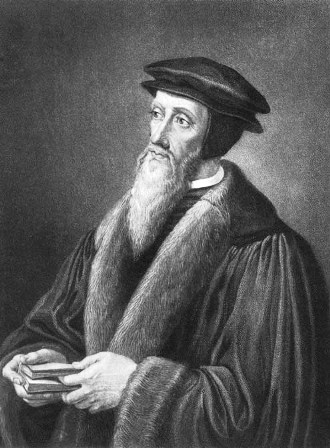Double Predestination

Those who embrace this view believe that salvation is the eternal choice of God for some selected people only—not for all. Some will go to hell and some will go to heaven according to God’s choice from the very start. An individual has no freedom of choice. It has been decided upon a long time ago by God from the very creation of the world who are going to be damned and who are going to be saved. God’s sovereignty is the basis and foundation of this theology.
This is the view taught by Theodore Beza who took over from John Calvin. This view is also called “high federal Calvinism.”
Double/Post-lapsarian View
The second Calvinistic view is that of John Calvin himself. For Calvin, God anticipated the Fall—seeing that there will be some who will be saved and some who won’t be saved. For Calvin, damnation made no sense whatsoever. Calvin believed the character of God is that God is Redeemer. God wants to save all. That is God’s will. This view is called “double/post-lapsarian” (the Fall) view. Calvin will not and cannot explain why there is sin and evil. He will not and cannot explain why some will be damned. He cautions everyone not to explain away evil. It’s a “surd.” It’s absurd.
Theodore Beza who took over from Calvin, “made sense” of Calvin’s view by teaching “double predestination”—making everything neat and logical, a perfect system. According to Beza, God is equally predisposed to bless and to damn. For Calvin, he cannot explain reprobation and damnation.
Soft or Single Predestination or Dutch Calvinism
For this view, God wills the salvation of some but he allows the damnation of others. God has willed to save some. This is called God’s positive or active will. God has not predestined anyone for damnation. By failing to act on the non-elect—God does not do anything—they are damned. This is called passive will. God is primarily active but secondarily passive.
These are the thee Calvinistic views. The Arminian view is a result and is a reaction or opposition to Theodore Beza’s version of Calvinism.
